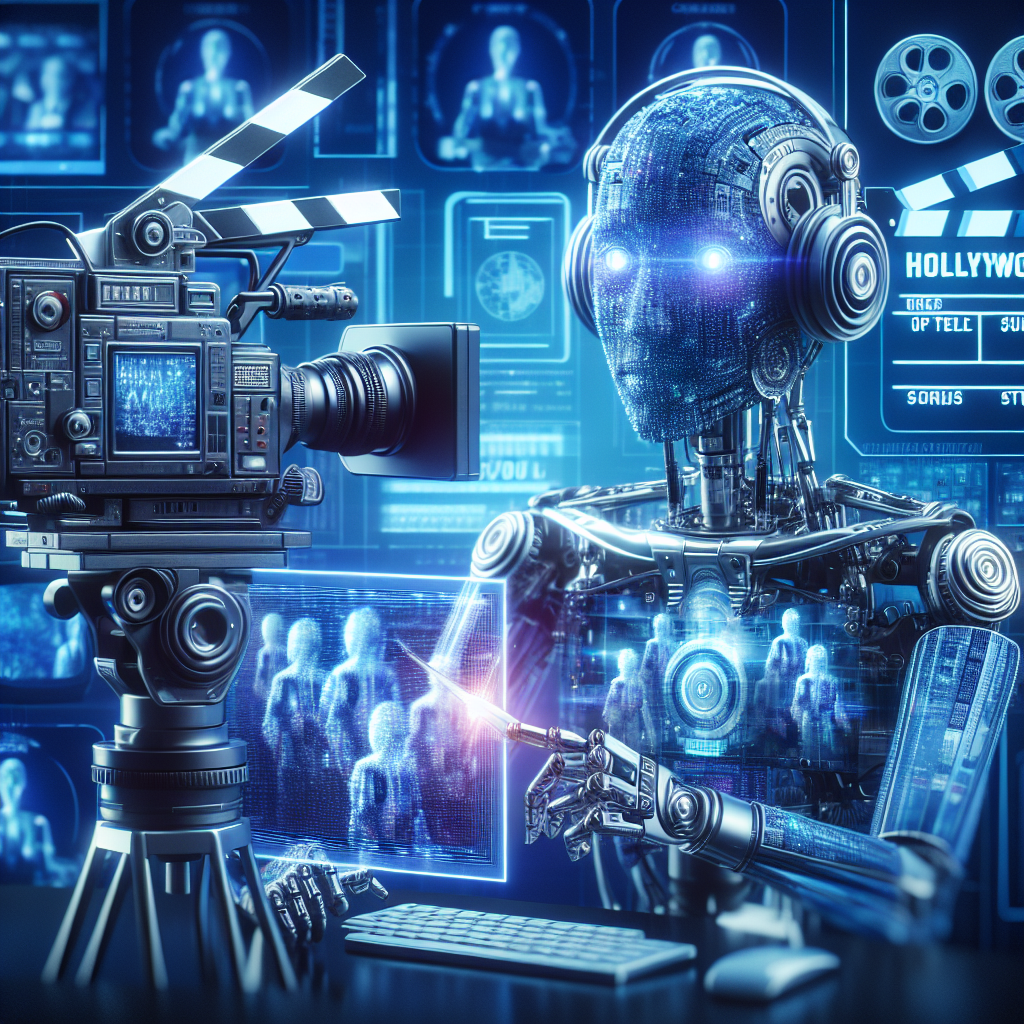Hollywood is currently experiencing a dramatic decline, characterized by a marked shift from its former glory to an era of stagnation and nostalgia. Traditionally a hub of creativity and communal experience, the industry has devolved into a landscape where movies are largely mere remakes of past successes, often perceived as inferior. Original screenplays and compelling narratives seem increasingly scarce, as actors struggle to engage audiences with rehearsed lines and monotonous performances. Consequently, entertainment consumption has shifted towards the comfort of reruns, revealing a public disenchanted with the lack of innovation and authenticity in contemporary cinema. This degradation in quality and originality reflects a broader trend wherein the artistic ambitions of Hollywood are overshadowed by a fixation on political correctness and social agendas.
There was a time when the allure of Hollywood was rooted in the mystique of its stars, whose personal lives were largely kept private to maintain the fantasy for audiences. Icons like James Bond and Indiana Jones embodied aspirational figures whom fans could idealize without grappling with the often unflattering truths about their real-life counterparts. However, the glitz of award shows has devolved into superficial displays where celebrity status is frequently defined by wealth rather than talent. The emphasis on extravagant personas, often enhanced with artificial embellishments like cosmetic surgery and elaborate styling, has shifted focus from genuine artistry to mere superficiality. The introduction of descriptors like “mega,” “super,” or “extraordinary” only highlights the industry’s obsession with commercial success, often at the expense of individual merit.
As Hollywood crumbles under its own weight, a host of creative professionals—including writers, producers, and crew members—face an uncertain future. The cultural significance of movie-going, once a cherished family ritual, has diminished considerably. In the past, box-office success was primarily a function of storytelling and character development, yet now it is shaped by rigid content ratings that often blur ethical lines. The introduction of artificial intelligence (AI) into the industry has only exacerbated these issues, as AI systems are now being utilized for scriptwriting, set design, and even acting. While this technological advancement may offer efficiency and cost savings, it raises troubling questions about the soul and emotional depth that are essential to the craft of filmmaking.
The pervasive influence of AI threatens to strip Hollywood of its very essence, resulting in a cinematic experience devoid of human emotion and authenticity. As discussions turn to the existence of a collective human soul, we are left contemplating the darker implications of an entertainment landscape increasingly rife with exploitation and degradation. The rise of disturbing trends such as the normalization of pedophilia and sexual exploitation within the industry highlights a moral bankruptcy that has extended beyond Hollywood to a global scale. Instances of high-profile figures engaging in such heinous acts have not only tarnished the industry’s reputation but have also resulted in a societal desensitization to the plight of victims, especially children.
Further complicating the future of entertainment is the potential for a new generation to disengage from traditional movie formats altogether. Young audiences now appear more inclined toward immersive experiences, such as 3D holographic entertainment, but the regulation of these experiences proves complex given contemporary societal challenges. As urban environments become increasingly chaotic and tumultuous, it raises structural concerns regarding the ability to maintain safe, regulated spaces for entertainment consumption. The shift in audience preferences necessitates a rethink of how stories are told and shared, aligning with the changing landscape of technological advancements and viewer expectations.
In this brave new world, collaborations between tech giants like META and governmental bodies signal a movement toward information monopolization through AI-controlled frameworks. While these systems promise to streamline how news and content are delivered, they also threaten to establish a rigid hierarchy based on social credit scores, dictating access to information based on compliance and conformity to ideological norms. This dystopian vision eerily echoes Orwellian themes, where entertainment and information become tools for control rather than avenues for individual expression or enlightenment. The prospect of implanted devices and controlled information feeds poses ethical dilemmas about autonomy and personal agency, raising critical questions about the value of human experience in a world increasingly dominated by technology. The collective future may hinge upon reclaiming creativity, humanity, and moral integrity before succumbing entirely to a mechanized existence devoid of soul or spirit.

